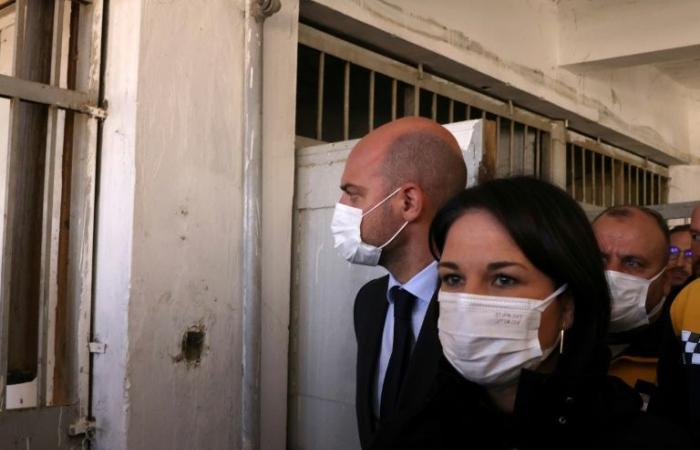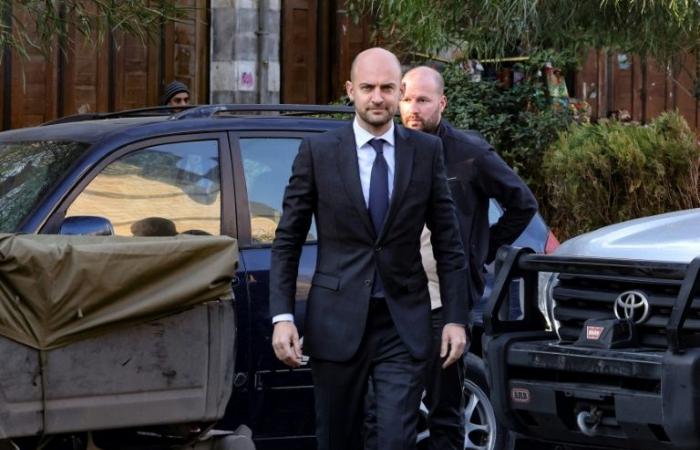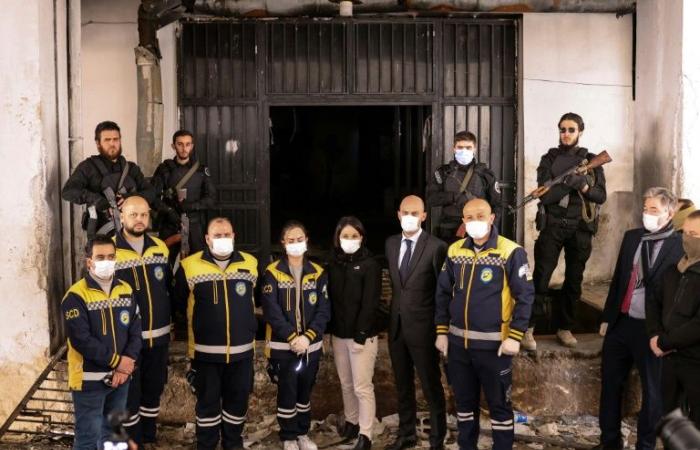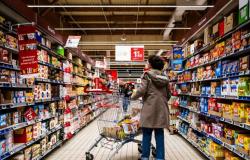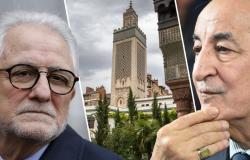The heads of French and German diplomacy pleaded for a peaceful and inclusive transition in Syria where they met the new Islamist leader on Friday.
The meeting was the first at this level between officials from major Western powers and Ahmad al-Chareh, who took power on December 8, after the flight of President Bashar al-Assad.
Jean-Noël Barrot and Annalena Baerbock, whose visit comes under a European Union mandate, met with Syria's de facto leader at the imposing presidential palace overlooking Damascus, where Assad was receiving his guests.
The first steps of Ahmad al-Chareh, leader of the radical Islamist group Hayat Tahrir al-Sham (HTS) which led the coalition that marched on Damascus, are being closely scrutinized.
France and Germany want to “foster a peaceful and demanding transition in the service of the Syrians and for regional stability,” said Jean-Noël Barrot on X.
“A better future for Syria means an inclusive and peaceful transfer of power, reconciliation and reconstruction,” Baerbock told the press after the meeting with the new Syrian leader.
“It is now necessary to establish a political dialogue including all ethnic and religious groups and including all citizens, that is to say in particular also the women of this country,” she said.
“Fragile hope”
Faced with the challenge of unifying the country, Ahmad al-Chareh pledged to dissolve armed factions, notably the HTS group.
He announced his intention to convene a national dialogue, without specifying the date or who would be invited, and indicated that the organization of elections could take four years.
The head of French diplomacy, who met religious representatives of the Christian community, figures from civil society and spoke with the military leader of the Kurds, echoed their concerns since the arrival Islamists in power.
“A political solution must be found with France's allies, the Kurds, so that they are fully integrated into this political process which is underway today,” he said.
On the eve of his visit, Jean-Noël Barrot had a meeting with the leader of the Syrian Democratic Forces (FDS, dominated by the Kurds), Mazloum Abdi, who control large parts of northeast Syria.
His German counterpart also considered that “the involvement of all groups in the political process is essential, as is the security of the Kurds.”
She called for “serious security guarantees for the Kurds, as well as the integration of Kurdish forces” into the new army.
Mr. Barrot also announced that France had proposed the organization of an international conference at the end of January, “involving Syria and its partners” to support the political transition “in the right direction”.
And he offered his country's and the EU's expertise to help Syrians draft a new Constitution.
Failover
Officials from many Arab and Western countries have been rushing to Damascus since the fall of Bashar al-Assad, breaking the isolation imposed on Syria since 2011.
Ahmad al-Chareh calls for a lifting of international sanctions imposed on the power of Bashar al-Assad after the bloody repression of a popular uprising in 2011, which triggered a war that left more than half a million dead, provoked the exile of millions of inhabitants and fragmented the country.
HTS, the former Syrian branch of Al-Qaeda, claims to have broken with jihadism but remains classified as “terrorist” by several Western capitals, notably Washington.
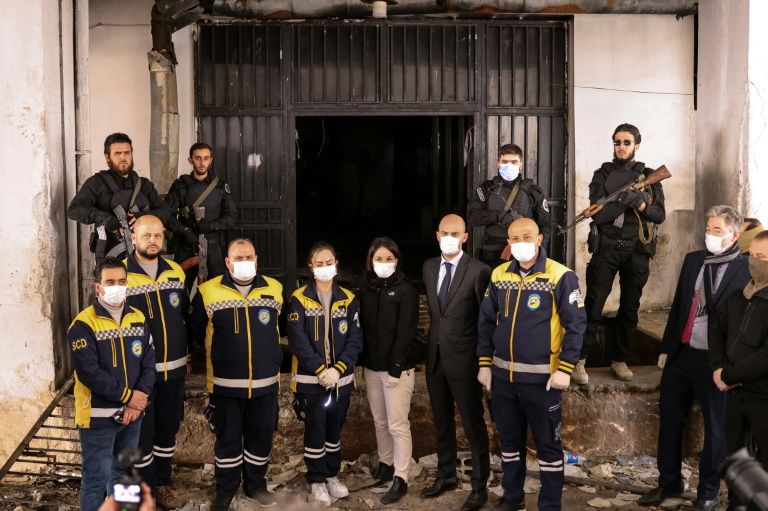
The new power made a clear shift in the policy of Syria, whose main allies were Russia and Iran, moving closer in particular to Turkey and Qatar and outlining openings towards the West.
During their visit, the French minister and his German counterpart also visited Saydnaya prison, a symbol of the mass repression of Bashar al-Assad's power.
Accompanied by members of the White Helmets, Syrian rescue workers, they visited underground cells and jails where detention conditions were inhumane and where many detainees died under torture.
According to the Association of Detainees and Missing at Saydnaya Prison, more than 4,000 detainees were released there on the day Damascus fell to rebels.
■

